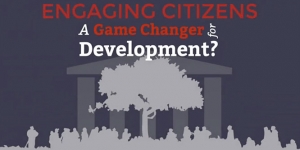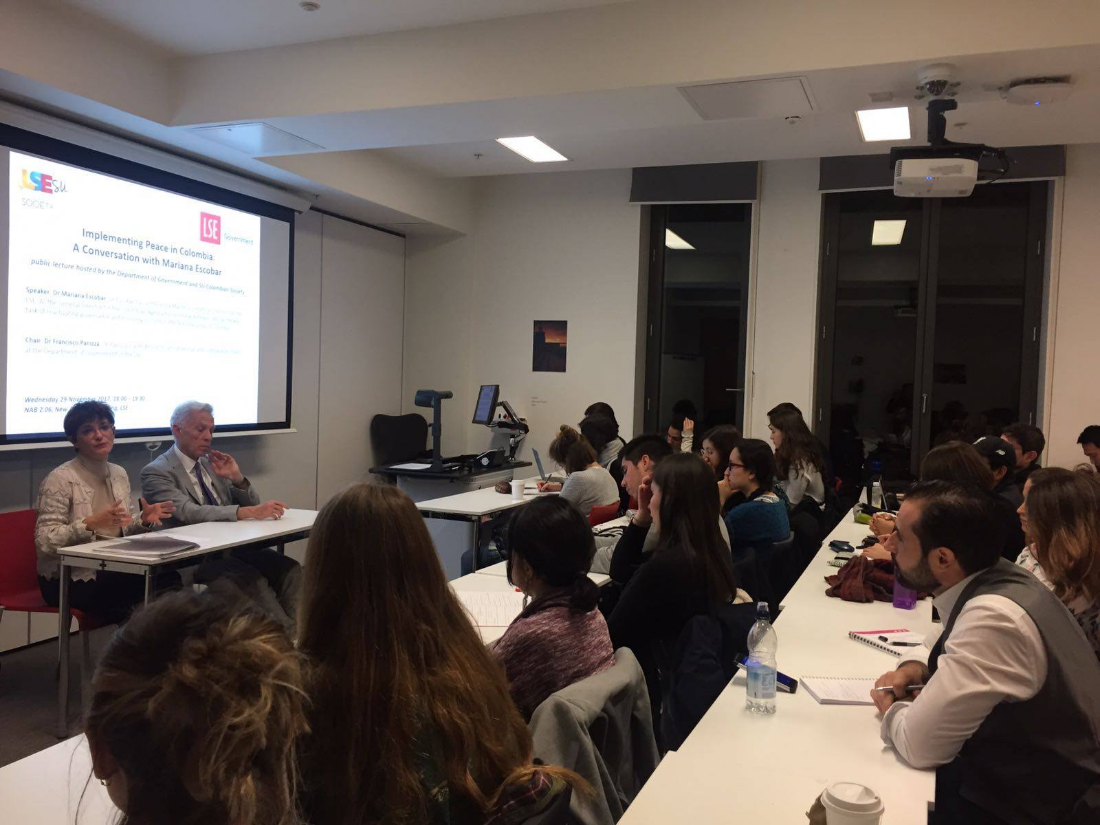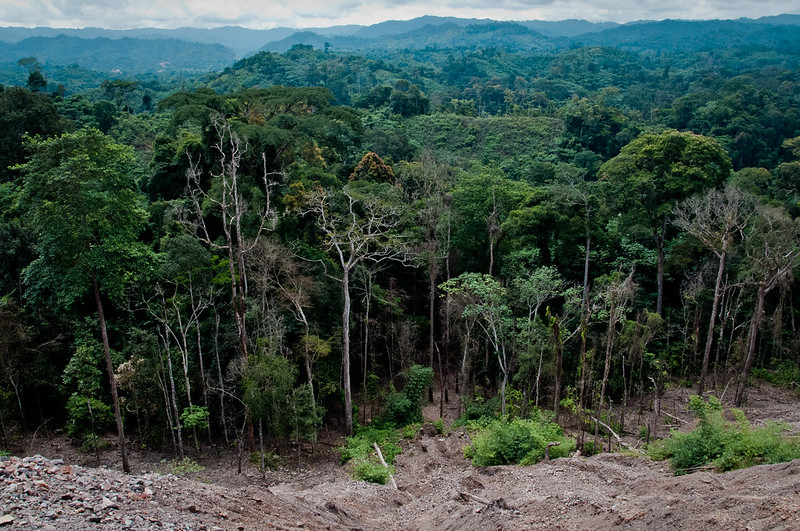
Originally posted on Views from the Center, and then Owen’s personal blog.
Nancy Birdsall has given us her five wishes for the Financing for Development conference in July — and I agree with them all. I would say this even if she were not my boss.
But all of her wishes are about how we can generate more and better financing in the cause of development. I think we need to do better than that.
We won’t get development from global and domestic “tax and spend” alone, however much developing countries increase their tax effort and however much donors improve the way they allocate and spend aid and use it to leverage private investment.
We should be focusing more on the huge untapped wealth which could transform all our lives, rich and poor. That wealth is locked up by policies and behaviour which distort the global economy, creating massive economic, environmental, and welfare losses for most of the world’s population.
To unlock this potential, we need to:
- reduce barriers to trade in goods and (especially) trade in services;
- reduce barriers to innovation and the spread of knowledge (which Charles Kenny and I have written about recently);
- reduce barriers to migration, reform of which Michael Clemens has likened to “trillion dollar bills lying on the sidewalk”;
- bring prices of environmental assets into line with social costs: by putting a price on carbon, and attach financial value to environmental assets such as biodiversity and ecological services, which are under-valued, over-consumed and under-produced. Internalising environmental externalities would stimulate investment in public goods such as preservation of tropical forests and innovation in clean energy. Proper valuation of environmental assets would constitute a significant transfer of wealth and income to developing countries, where these under-valued resources mainly reside;
- rein in extractive and corrupt states, and rein in excessive corporate power, which deter private investment, innovation and growth;
- provide global public goods needed for the economy and society to thrive, such as financial stability and regulation, international tax cooperation, multilateral trade rules, multilateral investment financing, research and development into health, agriculture and clean energy, limits on the sale of arms, limits on the sale of extractive resources, disease surveillance and control, peacekeeping, disaster management, open data, fishing and the protection of the sea. In all these cases we need not only funding, as Nancy Birdsall and Anna Diofasi have recently written about, but better international institutions and cooperation.
If we are really looking to unlock resources for development, this is where the treasure is buried. Removing these distortions even modestly could have huge benefits for developing countries, as well as reducing inequality and benefiting poor people in emerging economies and in richer countries. For example, increased market access for developing countries would do more to increase exports, thus stimulating investment and innovation, and so increasing the flow of resources to developing nations, than any likely innovative finance scheme or reform of multilateral development banks. And increasing migration would directly improve the lives of the migrants, increase remittances to developing countries, improve education, and help spread democracy.
Don’t get me wrong: I’m not against tax and spend, whether national or international. For example, I welcome the proposal in the current draft of outcome document for a social compact to provide social protection (aka welfare) to people furthest below the poverty line and the vulnerable. I agree with Kevin Watkins that Addis should be more specific about this.
But despite the name, the Financing for Development conference is not intended to be only about resource transfers. No surprise that this is the part on which the development-industrial complex tends to concentrate. But it’s a shame: in austere times, we should be trying to pick up the dollars lying on the pavement.

Following this post, fellow PiP, Duncan Green, decided to stir the pot on Twitter by asking his followers to place Owen on a political scale of Left to Right.
https://twitter.com/owenbarder/status/616244163848347648
https://twitter.com/owenbarder/status/616247982959239168
All the World’s a stage!
Related Posts
   |





